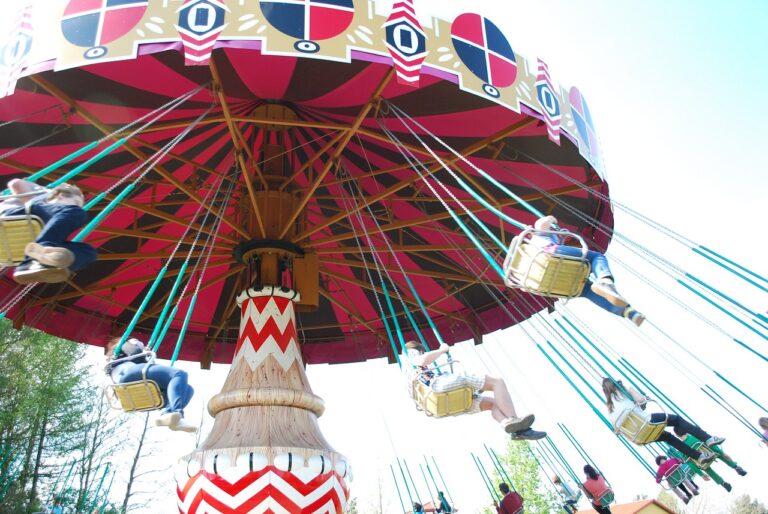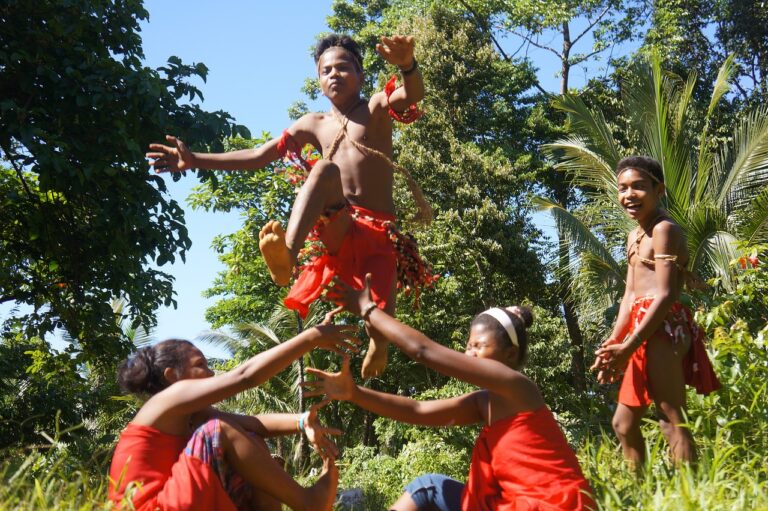Music Venues and Indigenous Traditional Ecological Knowledge: Land Stewardship and Conservation Practices: 99 exchange, Laser247, World 777 betting
99 exchange, laser247, world 777 betting: Music venues have long been spaces for people to come together and enjoy live performances by talented musicians. But what many may not realize is that these venues often sit on land that holds deep cultural and ecological significance for Indigenous communities. In this article, we will explore how Indigenous Traditional Ecological Knowledge (ITEK) can inform land stewardship and conservation practices at music venues.
Understanding Indigenous Traditional Ecological Knowledge (ITEK)
Indigenous Traditional Ecological Knowledge refers to the collective knowledge, practices, and beliefs that Indigenous communities have developed over generations about the natural world around them. This knowledge is holistic, incorporating sustainable land management practices, biodiversity conservation, and cultural values.
Land Stewardship at Music Venues
Music venues, whether located in urban centers or rural areas, often occupy land that was historically home to Indigenous communities. By incorporating ITEK into land stewardship practices, music venues can honor the history and culture of these communities while also promoting sustainability and conservation.
Examples of Land Stewardship Practices at Music Venues
1. Incorporating traditional plants and materials in landscaping and design
2. Hosting cultural events and performances to raise awareness about Indigenous culture and environmental issues
3. Implementing sustainable waste management practices, such as recycling and composting
4. Partnering with local Indigenous communities for land restoration projects
5. Providing educational opportunities for staff and patrons about Indigenous Traditional Ecological Knowledge
Benefits of Integrating ITEK into Land Stewardship Practices
By integrating Indigenous Traditional Ecological Knowledge into land stewardship practices, music venues can promote cultural diversity, environmental sustainability, and community wellness. This approach fosters respect for the land and its original caretakers while also creating opportunities for collaboration and knowledge sharing.
FAQs
Q: How can music venues engage with local Indigenous communities to incorporate ITEK into their land stewardship practices?
A: Music venues can reach out to local Indigenous organizations, elders, and leaders to establish meaningful partnerships and collaborative projects.
Q: What are some ways that music venues can support Indigenous artists and musicians?
A: Music venues can showcase Indigenous performers, host cultural events, and promote Indigenous art and music through partnerships and programming.
In conclusion, music venues have the potential to be more than just spaces for entertainment they can also be hubs for cultural exchange, environmental stewardship, and community engagement. By incorporating Indigenous Traditional Ecological Knowledge into their land stewardship practices, music venues can help protect the land, honor Indigenous heritage, and inspire positive change in their communities.







